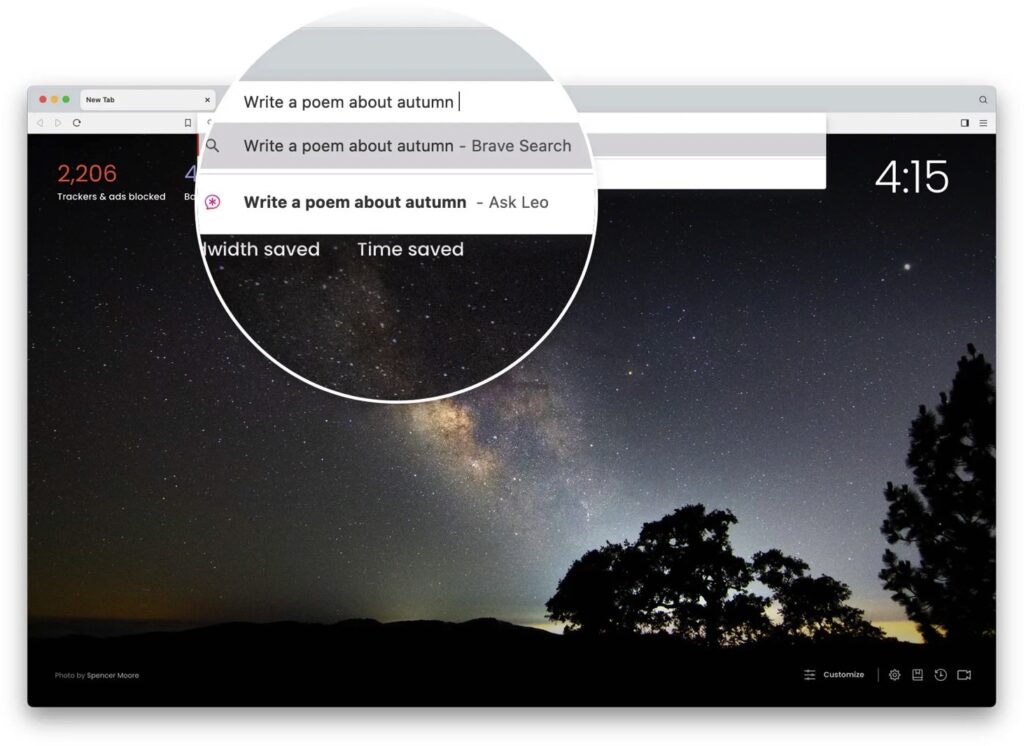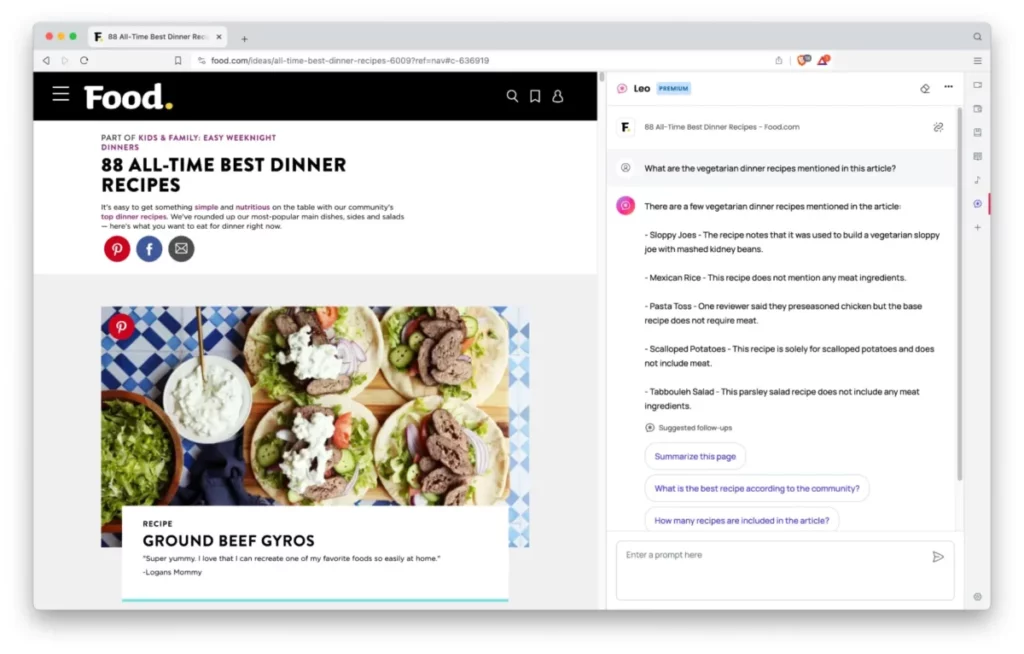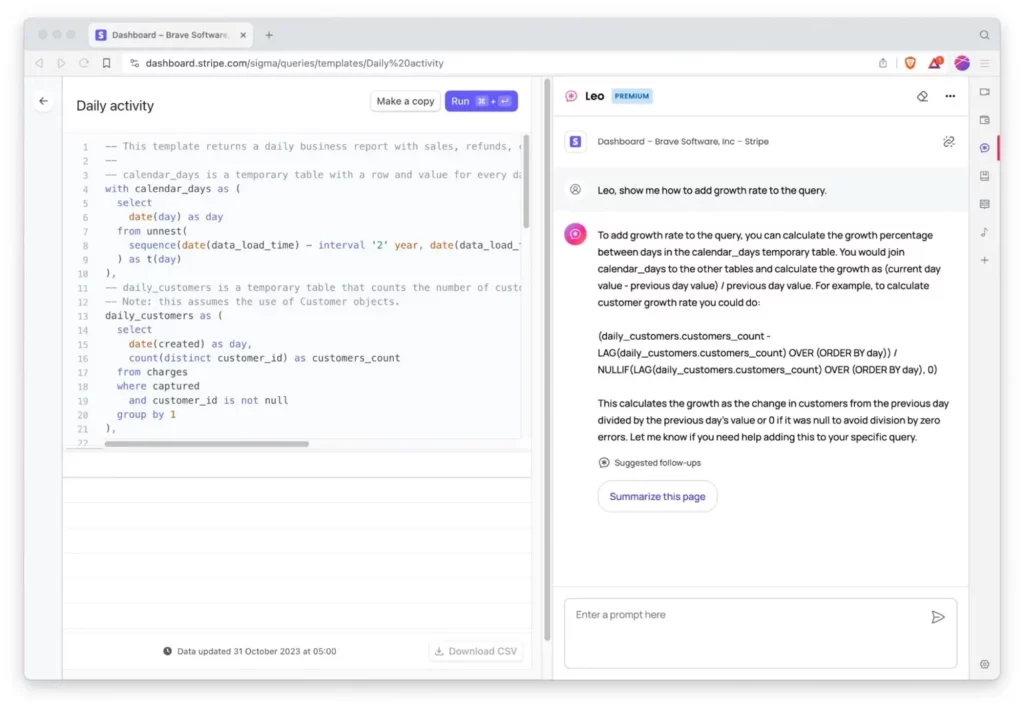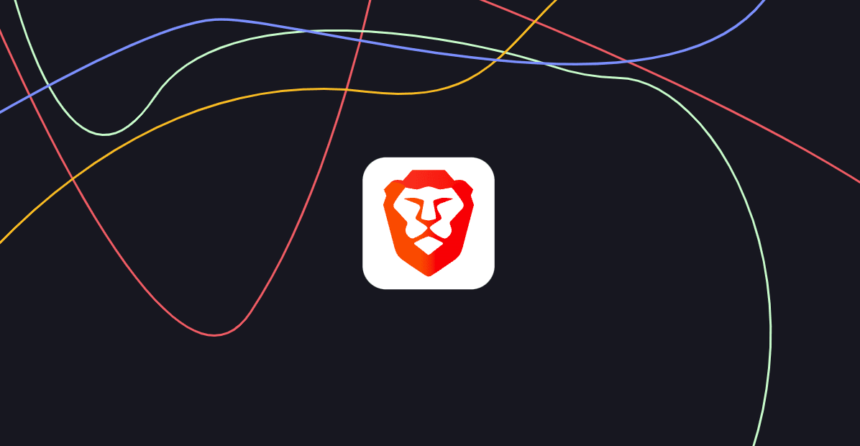Brave, the privacy-conscious web browser known for ad and tracker blocking, has introduced “Leo,” a native AI assistant designed to provide a secure and personalized experience while preserving user privacy.

Leo has undergone several months of rigorous testing and is now available for all Brave desktop users running version 1.60 of the browser. The rollout of Leo is in phases, with availability on Android and iOS expected “in the coming months.”
The core functionalities of Leo are in line with those of other AI chatbots, such as Bing Chat and Google Bard. Leo can translate languages, answer questions, summarize webpages, and even generate new content. However, what sets Leo apart, according to Brave, is its steadfast commitment to user privacy. Conversations with the AI chatbot are not recorded or employed for training AI models, and no login information is necessary to access Leo.

Despite its capabilities, Brave reminds users to exercise caution with Leo’s outputs, as with any AI chatbot, due to the potential for inaccuracies or errors in responses.
Leo’s standard version is powered by Meta’s Llama 2 large language model and is available for free. For users who desire access to a different AI language model, Brave is introducing Leo Premium. This subscription service, priced at $15 per month, features Anthropic’s AI assistant, Claude Instant. Claude Instant is touted as a faster and more cost-effective version of Anthropic’s Claude 2 large language model.

Brian Bondy, the CTO and co-founder of Brave, emphasized the significance of privacy in the AI landscape. He stated, “AI can be a powerful tool but it can also present growing concerns for data privacy and there’s a need for a privacy-first solution. Brave is committed to pairing AI with user privacy, and will provide our users with secure and personalized AI assistance where they already spend their time online.”
Brave plans to expand the offerings available to Leo Premium subscribers. This includes access to additional AI models, higher-quality conversations, priority queuing during peak usage times, increased rate limits, and early access to new features. Bondy confirmed this in a statement to The Verge, saying, “Leo is built in a way that many different models can be plugged into the feature. We believe that more models will be offered over time and that users should be able to choose among them.”

With Leo’s introduction, Brave is taking a bold step towards providing users with advanced AI capabilities while prioritizing their privacy. As web browsers continue to integrate AI, the focus on data privacy is becoming increasingly vital, and Brave’s approach with Leo is poised to address these concerns.








